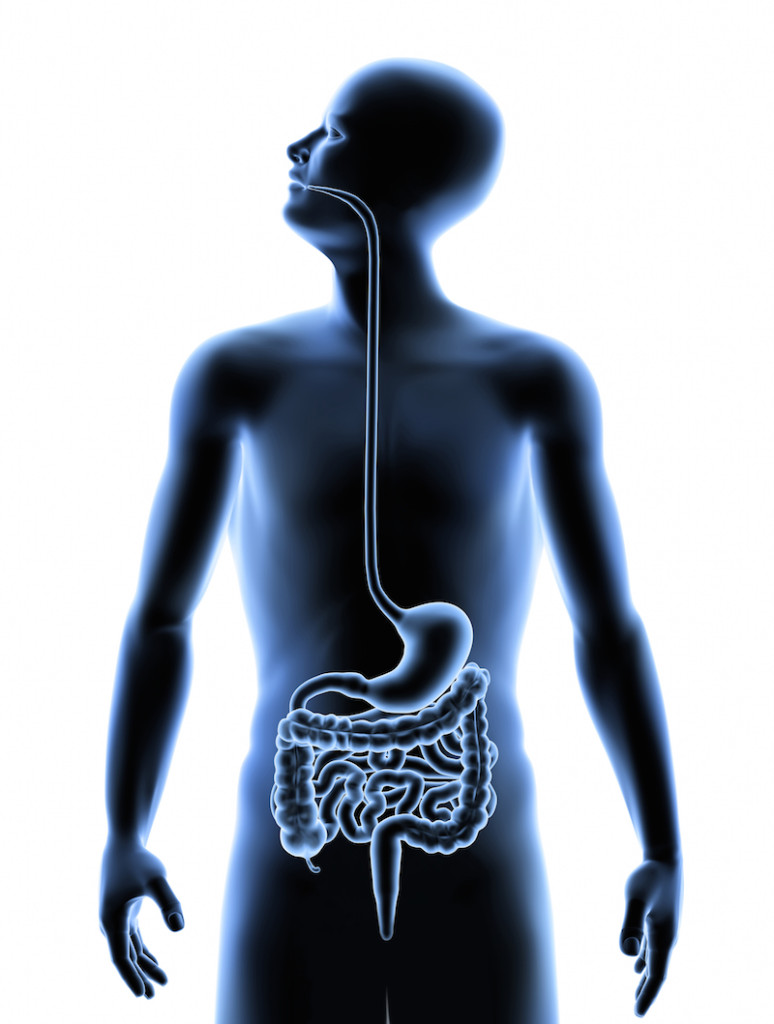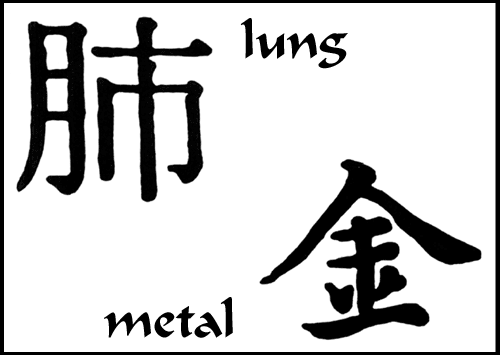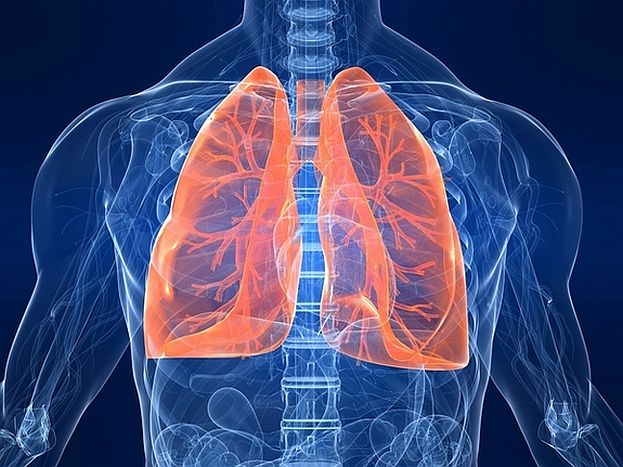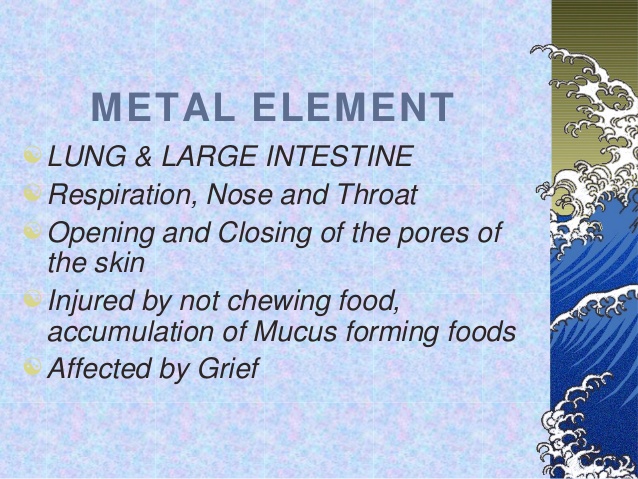What lungs have to do with skin?
Hello everybody, thank you thank you for all your support and love, this past week we realized how many people follow us, it is truly touching in a deep way. The team strives to do the best research to share with you, apparently, you the reader appreciate the long hours and effort we put in with much integrity and lots of love.Please click Like and share. It is what keeps us going. (We do price drawings so it is good to sign up your information. It will not be shared and no push email)
In this post we are sharing the relationship of a main organ THE LUNG, with skin and important factors of our health. When I first started studying acupuncture and Chinese Medicine I was reminded that every part of our body is interconnected and has a very important role, here we have a bit of the Lung story, enjoy and share
In Chinese medicine, our skin is directly connected with the lungs. That means that the skin breathes. And the health of the lungs is of great importance to our skin longevity.The Lung has to do with boundary, breath and renewal.
The skin is like an outer lung and the pores are seen as the ‘doors of Qi’. The skin also breathes and exchanges substances with the outer environment. Its healthy functioning is seen as an aspect of Lung function. Beneath the skin the protective energy known as Wei Qi is said to circulate, defending the body against invasion from pathogenic forces.
The Lung’s paired Organ, the Colon, is concerned with release and elimination. The Lung and Colon together are related to immunity, the strength of the protective boundary. Pathogens most easily enter through the respiratory and digestive systems and the Lung and Colon are responsible for maintaining the integrity of these systems so that they are not penetrated by invaders. According to Chinese medicine, the body’s defensive energy is directly dependent on the strength of the Lung and Colon.Another organ that the Lung works with is the Spleen. After receiving food nutrients from the Spleen, the Lung mix them with the air you breath to create healthy QI. It then sends the healthy Qi to the rest of the Organs and throughout the entire body. The remaining impure Qi is expelled through the nose, your pores, and the large intestine.
When is Lung imbalance, it means your Lungs ability to distribute and regulate internal water flow by turning some of the Qi into moisture. After receiving nutrients from the Spleen , the Lungs transform this form of QI into a fine mist that permeates the body from head to toe, inward toward the center of your body and outward to the surface of your skin. It produces the soft, dewey, and lustrous appearance that your skin craves, when this delicate balance is off its like a plant without water.
Whereas the Spleen is archetypally related to the mother, the Lung is archetypally related to the father. Traditionally it is the father who teaches a sense of self-value and helps us to leave home and find our place in the world. Good fathering teaches boundary, and helps with individuation and separation from the mother. The Lung is therefore concerned with feelings of self-esteem and respect for both ourselves and others. Knowing who we are, believing in our self-worth and taking our place in the world are all part of the realm of the Lung.
Finally, the Lung’s role as boundary-keeper may be metaphorically extended to the boundaries we keep in our own home. Well-maintained fences, sensible security, clean windows and a well-kept exterior are domestic expressions of Lung energy.
Lung Imbalance Affecting Its Opening and Regulating Affect on the Water Pathways:
The lung is situated in the upper burner and referred to as the upper source of water. If lung qi fails to descend, it cannot open and regulate the water pathways and ensure the unobstructed transportation of fluids to the bladder. Signs of water stagnation will inevitably ensue, such as phlegm buildup, a puffy face, edema, or inhibited urination. As the Neijing points out: “Lung qi disperses jing; in the upper part of the body, it is rooted in the lung; below, it feeds into the bladder.” The lung disseminates essential fluids: physiological jing (essence), jin (body fluids), and ye (body humors). At the same time, it feeds into and excretes superfluous fluids from the body via the bladder. Lung malfunction therefore can easily cause pathological changes in water metabolism, particularly bladder function.
Dryness Affecting the Lung Causing a Depletion of Liquids and Humors: External conditions like environmental cold, heat, and dryness, or internal dryness of the lung or large intestine all have the potential to injure the fluid supply of the body and cause dryness symptoms in the nose, throat, lungs, skin, body hair, or intestines. The Neijing comments: “The lung has a natural aversion to dryness.” In addition to being easily harmed by dryness, it passes on the condition as symptoms of dryness elsewhere.
Grief and Sadness Harming the Lung: Grief, sadness, and melancholy are associated with the lung. If one indulges in these emotional states, harm to the lung network will result and symptoms of emaciation, lack of energy, or dry skin. The other way around, a low supply of lung qi can cause a gloomy state of mind. A particularly sad experience, moreover, may cause a person to adopt a pessimistic attitude toward life (which is really a state of dampened qi). “If a person is sad,” it is said in the Neijing, “his qi will dissipate.”
Emotions:
If you have gone through, or are currently going through, a great deal of grief, sadness or loss and has not been able to “cut off” or resolve the connection you may have weakened Lung or Protective Wei Qi. Disharmonies associated with weak Lung Qi may appear as shortness of breath, chronic lung illnesses [or a chronically low general immune system] and a chronic cough. An important raw formula that helps in replenishing the Lung Qi Depletion would be the Immune & Energy Enhancement Formula.
Emotionally there is likely to be constraint and sadness, perhaps a hiding within one’s boundary. There may be lack of self-esteem, harsh judgment of both self and others and failure to respect or understand one’s own and others’ boundaries. Dignity may turn to false pride, leaving a person feeling alone and separate. It may be hard to claim a place in the world.
Lung Disorders Influencing the Nose, Throat, and Large Intestine: If the lung is unable to disseminate enough fluids to its associated fu organ below, the large intestine, or if the fluids are scorched by lung heat, there will be constipation, consequently the skin will suffer from the toxins accumulated.

Lung complementary organ : large Intestine
The lungs govern the desire for structure and boundaries, so a lung type’s personality is also well defined and structured. The lung types keep their emotions in check and they intellectualize their feelings, they are usually contain and controlled.
Skin issues Nourish the Lungs
Skin issues Nourish the Lungs
The role of the lung for healthy skin:
Healthy lungs are personified in glowing skin, due to Lung’s primary responsibility, which is to nourish and maintain healthy pore size, skin and proper breathing among many other rolls
Eastern medicine has an expansive concept of the role of the Lung. The believe is that the Lungs are responsible for all parts of the body that “Breath”. This includes the skin, the largest organ of the body, with pores that cover us from head to toe. Consequently when the Lungs are healthy your skin is soft and dewy and your pore size is even.When the Lungs are weak, your skin changes texture and quality. It becomes thick or thin, dull or blemish, dry or oily. Damage to your Lungs can happen in many ways, weather conditions, especially overexposure to wind, cold, and heat aside from pollution like cigarette smoke etc. Excessive sadness or grief, due to the combination of emotional turmoil and too many tears, affects the Lungs and it can have a profound impact on Lung types.
As with all organs, the imbalance of one organ can impact the Lungs. Spleen dampness or Kidney weakness are the conditions most likely to interfere with Lung Qi. by the same token, a weakness in the Lungs can negatively impact the large intestine, which is why Lung types are prone to bowel issues.
Western medicine believes we are all born with a skin type – normal, oily, dry, a combination of oily and dry, or sensitive that it is yours for life and doesn’t change much. Eastern medicine sees it different. Chinese doctrine says we are all born with normal skin. When skin becomes oily, dry, or a combination of both, or is sensitive it is not destiny or skin condition we just pick up, it is most likely due to Lung Qi imbalance.
The skin, as part of the Lung system, can be nourished by rubbing with a good cotton towel or dry brushing will help maintain the skin’s health and support the immune system. Wearing natural fibbers will allow the skin to breathe freely; going naked from time to time when weather and circumstances allow will also help the skin to breathe. Moderate sunbathing will nourish the skin, although overexposure may be damaging.
Among the outside factors that affect Lung Qi environmental conditions, such as weather changes, pollution, excessive lifestyle, such as poor diet or too much drinking,fluctuating hormones, specially around menstruation.
Systematic Differentiation of Warm Disorders (Wenbing Tiaobian), describes: “If somebody suffers from invasion of pernicious dry metal qi , it will gradually lead to intestinal challanges that will become harder and harder, and that must be purged.” Heat accumulation in the large intestine, in turn, can interrupt the proper up/down dynamics of lung qi.
Healthy Lung Habits:
Use a scarf or collar to cover the front and back of your neck when you go outside, and make sure to have your lower back covered. These two areas are called our ‘wind gates’, where wind has a chance to enter and cause cold and flu symptoms in the lungs. Avoid drafts and wind.
- Let go of pre-conceived ideas and prejudices that serve no purpose in your life: Just as we need to de-clutter our environment and our inner space, clearing out mental waste such as culturally acquired ideas that hold no truth but which stop us from engaging with people and situations is important for good health and the renewal of our energy.
- Seize the moment: The Lung energy fuels our ability to be in the moment and is nourished by our enjoyment of the present. As children, we tended to inhabit our bodies powerfully and to experience each moment fully. As we grow up, many of us lose this ability so as adults staying in the moment needs to be achieved through deep breathing and accessing a grounding calm that allows us to engage with what is happening now. Activities that help us “be in the body” as opposed to trapped inside the mind such as Tai Chi, Qi Gong or Yoga can also provide us with tools that help us achieve this.
- Detach yourself: The Lungs have the ability to constantly renew our energy through a combination of elimination of what is no longer needed and a continuous intake of potentially new energy. This implies an ability to recognise what needs to be discarded and a willingness to allow it to go. Understanding that everything in life – things, ideas, situations, people – is transient enables us to go smoothly from one stage of life to the next. When we are reluctant to accept this reality, we may remain in grief and pain until we make room for new things to come.



